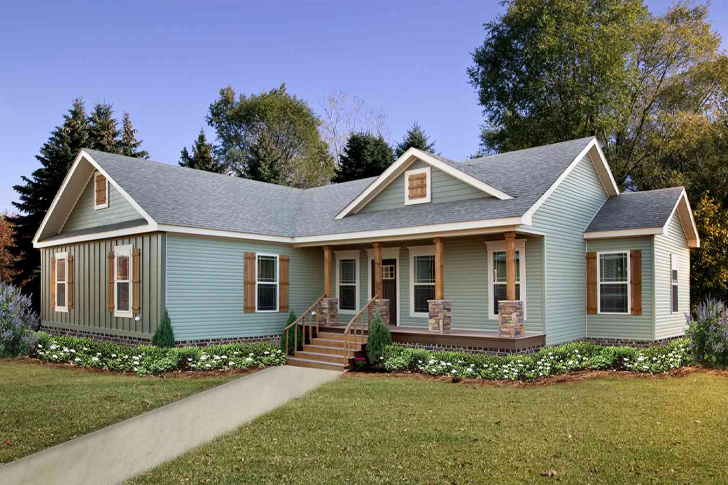Senior Living: Strategies to Secure a Cost-Effective Home
As the population ages, the need for affordable and comfortable housing for seniors becomes increasingly important. Many seniors live on fixed incomes and face financial constraints that make finding affordable housing challenging. This article delves into effective strategies and available resources to help seniors secure affordable pre-owned homes.

Understanding the Housing Challenges Faced by Seniors
Seniors face unique challenges when searching for housing. According to a report by the Harvard Joint Center for Housing Studies, over 30% of adults aged 65 and over pay more than 30% of their income on housing. This financial strain makes it imperative for seniors to find housing solutions that won’t stretch their limited budgets.
Navigating Government Assistance Programs
One of the first steps for seniors seeking affordable housing should be to explore government assistance programs. These programs are designed to facilitate access to suitable housing options for the elderly:
1. **Public Housing:** Operated by local housing authorities, public housing offers rental homes at reduced rates. Seniors need to apply through their local housing authority, with rent typically based on their income.
2. **Section 202 Supportive Housing for the Elderly:** This program provides housing specifically for seniors. It offers not just affordable housing but also access to supportive services like cleaning, cooking, and transportation.
3. **HUD Housing Choice Voucher Program (Section 8):** This program allows seniors to find their own housing and use vouchers to pay for part of the rent. It gives them the flexibility to choose where they live, including potentially opting for pre-owned homes that accept vouchers.
Exploring Nonprofit and Community-Based Solutions
Numerous nonprofit organizations work to assist seniors in finding affordable housing:
– **Habitat for Humanity:** Known for building new homes, they also renovate existing homes and sell them at reduced prices to qualifying individuals, including seniors.
– **Local Nonprofit Housing:** Many communities have local nonprofits that offer housing assistance programs suited to senior citizens’ needs, offering housing at sub-market rates.
Tips for Finding Affordable Pre-Owned Homes
For seniors interested in pre-owned homes, consider these practical tips to enhance the affordability:
1. **Location:** Housing costs vary widely by location. Some rural and suburban areas offer significantly lower housing prices compared to urban centers.
2. **Downsizing:** Opting for a smaller home can reduce both the purchase price and ongoing maintenance costs.
3. **Real Estate Websites and Filters:** Use real estate websites with filters to search for homes based on price, size, age, and amenities suitable for senior living.
4. **Senior Real Estate Specialists:** Consider hiring a real estate agent who specializes in senior needs and can navigate the complexities associated with finding and purchasing senior-friendly housing.
Financial Considerations and Planning
Effective financial planning is crucial for securing a pre-owned home affordably:
– **Budgeting:** Clearly define your budget, factoring in expected and unexpected expenses.
– **Mortgages and Loans:** Explore mortgage products and loans targeting seniors that offer lower interest rates or down payment requirements.
– **Home Inspection:** Always invest in a home inspection to avoid costly repairs later, which can significantly impact a senior’s financial stability.
Community and Social Opportunities
Choosing the right home involves more than just price; it’s about community and social engagement. Many seniors prioritize proximity to healthcare facilities, parks, and community centers. Living in a community that offers social activities can also enrich their quality of life.
Conclusion
Affordable housing remains a critical issue for seniors, but by using available resources and strategies, finding a budget-friendly pre-owned home is achievable. Thorough research, awareness of financial assistance programs, and consideration of personal needs and lifestyle choices all play vital roles in this process.







Recent Comments